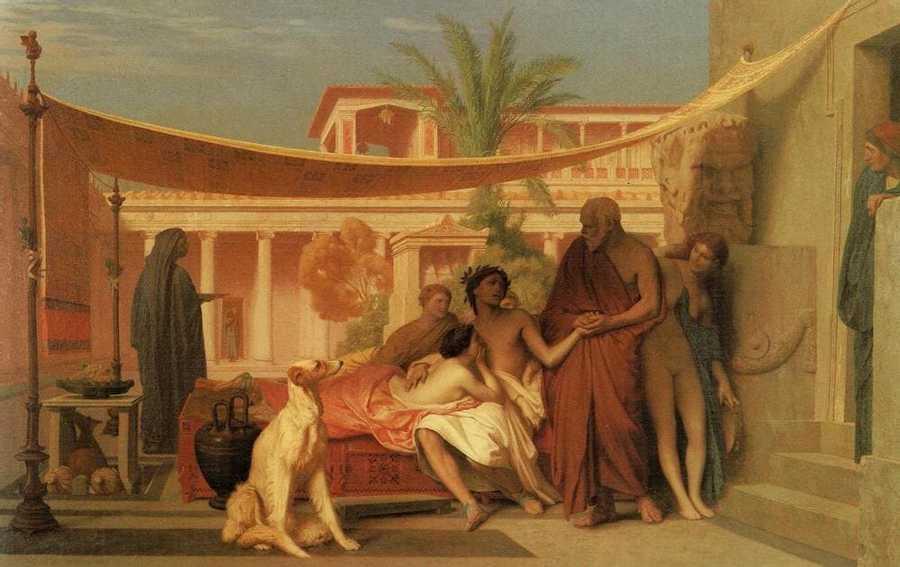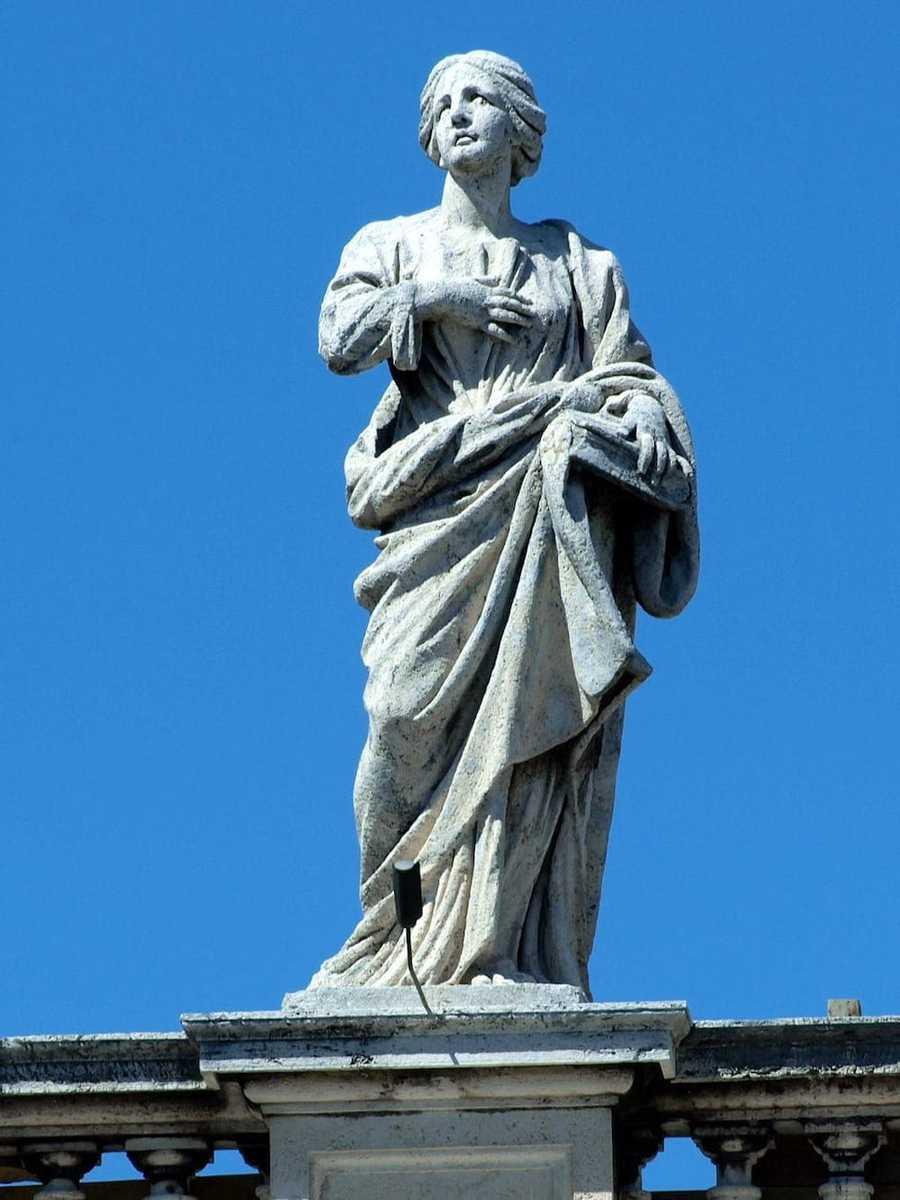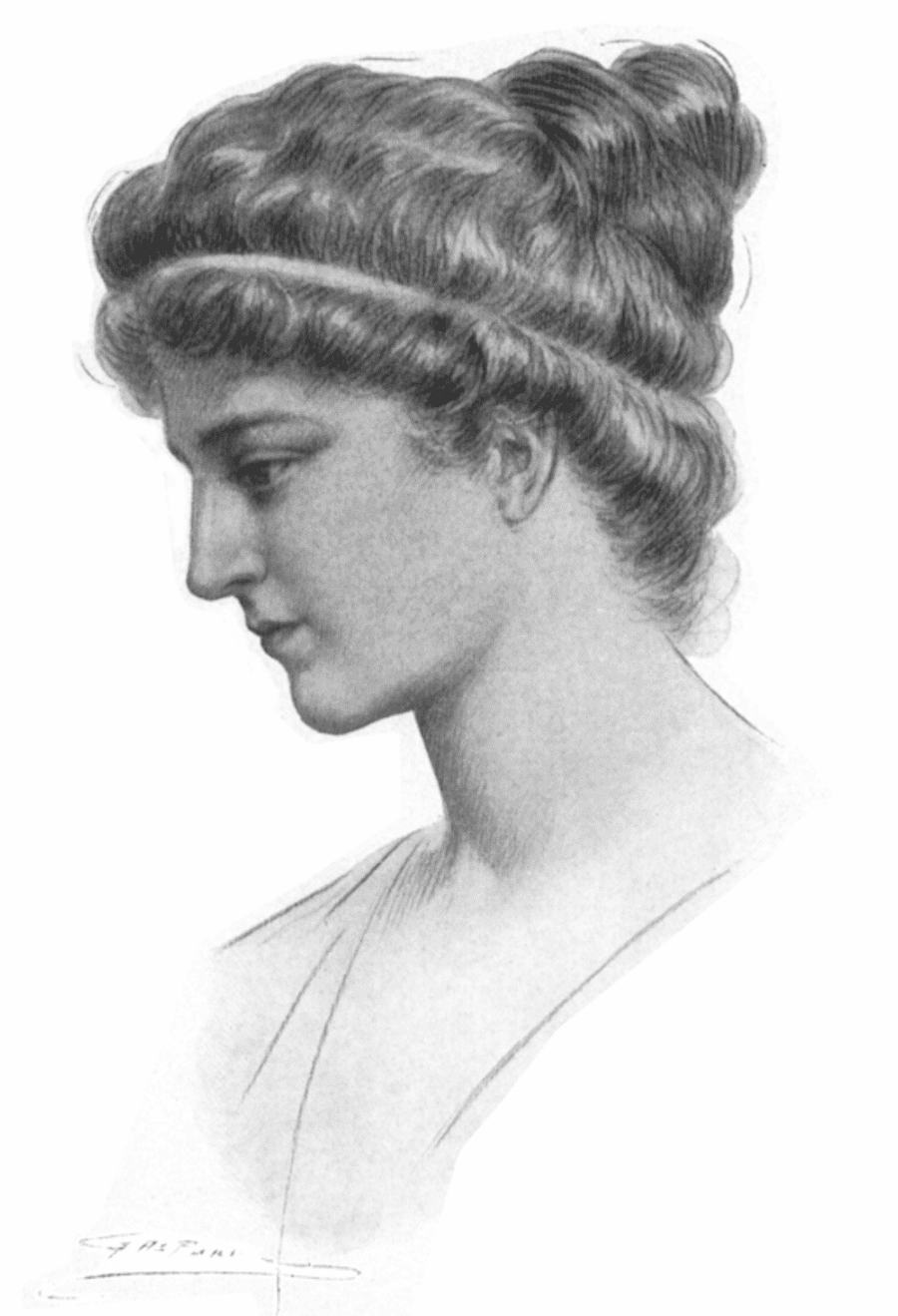Explore the World's Best Ideas
Join today and uncover 100+ curated journeys from 50+ topics. Unlock access to our mobile app with extensive features.
Aspasia of Miletus
- Aspasia of Miletus (~400 BCE) was the most famous woman in Classical Athens. Although a foreigner, she became the mistress of Pericles, the leader of Athens at the beginning of the Peloponnesian War.
- She was not only remembered for her captivating beauty, but also for her captivating mind. Socrates himself called Aspasia his teacher and relates he learned from her how to construct persuasive speeches. After all, he tells us, she wrote them for Pericles.
34
267 reads
Clea
- Clea (~100 CE) was a priestess at Delphi — a highly esteemed political and intellectual role in the ancient world. The religious practitioners received frequent requests from world leaders for divine advice about political matters. Clea was part of this political-religious system, but she believed in the primary importance of philosophy.
- She had many in-depth philosophical conversations with Plutarch, the most famous intellectual of his time. He credits her with inspiring his own work.
33
74 reads
Thecla
- When she first appears on the scene in the Acts of Paul and Thecla, Thecla (~1st century CE) is leading a normal middle class life. But leaning out of her balcony, she hears the preaching of Paul and decides on a different path. After following Paul for a while, she is confirmed as a teacher in her own right and begins an illustrious career.
- Although it’s been speculated Thecla never really existed, her legend inspired many women to pursue a life of philosophy.
32
54 reads
Sosipatra
- Sosipatra (~4th century CE) lived the dream: she had a successful teaching career along with a content family life. After an education in mysticism she became a respected teacher, interpreting difficult texts and mediating divine knowledge.
- Sosipatra was surrounded by male experts, one of whom was her husband Eustathius. But according to Eunapius’ writings, her fame was greater than any of theirs, and students preferred her inspiring teaching.
32
51 reads
Macrina the Younger
- Macrina (~330-379 CE) was the oldest of ten in an expansive, influential well-educated Christian family in Cappadocia.
- She kept the family together through her sharp mind, devout soul and strong will, ultimately transforming her ancestral estate into a successful community of male and female ascetics.
32
49 reads
Hypatia of Alexandria
- Most famous for her dramatic death at the hands of a Christian mob, Hypatia (~355–415 CE) was a Neoplatonic teacher admired for her mathematical and astronomical works.
- She and one of her successful students, the Christian bishop Synesius, exchanged information not only about philosophy but also about obscure mathematical instruments.
32
72 reads
IDEAS CURATED BY
Maren Raab's ideas are part of this journey:
Learn more about philosophy with this collection
Understanding the concept of the self
The importance of living in the present moment
The illusion of control
Related collections
Similar ideas
6 ideas
Wise women: 6 ancient female philosophers you should know about
theconversation.com
6 ideas
3 ideas
What You Should Know About the Philosopher Plato
thoughtco.com
Read & Learn
20x Faster
without
deepstash
with
deepstash
with
deepstash
Personalized microlearning
—
100+ Learning Journeys
—
Access to 200,000+ ideas
—
Access to the mobile app
—
Unlimited idea saving
—
—
Unlimited history
—
—
Unlimited listening to ideas
—
—
Downloading & offline access
—
—
Supercharge your mind with one idea per day
Enter your email and spend 1 minute every day to learn something new.
I agree to receive email updates



